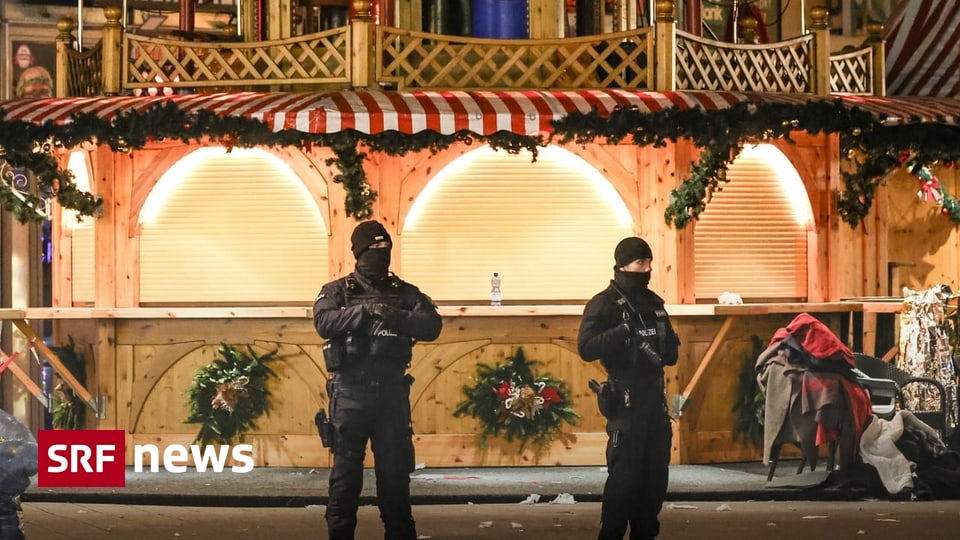Tech
Germany, Czech Republic & the EU Call Out Russia for Orchestrating Cyber Attacks

- Russia has been accused of using a state-backed hacking group to attack Germany, the Czech Republic, and other countries in the EU.
- Russia has denied these allegations and called them groundless.
- Both the EU and Germany are serious about taking action. Germany has even summoned a top Russian convoy, and the EU said that it will do everything in its capacity to control Russia.
On Friday (May 3), Germany and the Czech Republic blamed Russia’s military agency service (GRU) for a series of cyberattacks that troubled these countries in the past few months.
As a result of this, the European Union warned Moscow and said there would be severe consequences for such behavior.
What Are the Accusations?
An investigation revealed that a group called APT28 (also known as ‘Fancy Bear’) was behind the attack.
Following this, German Foreign Minister Annalena Baerbock visited Australia where he told the reporters that APT28 is steered by the military intelligence service of Russia. In other words, Baerbock believes that this attack was commissioned by Russia.
💡Very important: Russia-backed hacker group continues to exploit Microsoft’s internal systems
Russia, on the other hand, denied the allegations, calling them baseless. It even said that these rumors were intentionally perpetuated to incite anti-Russia sentiments in Germany.
Germany isn’t convinced with Russia’s defense, though—and this isn’t the first accusation against the hacker group, or Russia in general.
According to German Interior Minister Nancy Faeser, a “series of attacks” began in 2022 and targeted German companies dealing with aerospace, IT, logistics, and arms. According to her, Russia is responsible for each one of those.
Furthermore, according to NATO, government bodies in Poland, Slovakia, Sweden, and Lithuania have also been targeted by Russia.
The Czech Republic has also accused Russia of cyber attacks. According to the government officials, many of its state agencies faced data breaches in 2023 planned by APT28—once again through a Microsoft Outlook vulnerability.
Czech Interior Minister Rakusan even said that the reason the country is facing so many attacks lately is because the Russian Federation considers it an enemy state.
Last but not least, Britain has also made a strong statement about Russia, accusing it of “undermining democracy” in the country. However, it hasn’t yet given any details about why it said so, the reference, etc.
There are strong chances, though, that this has something to do with the attack on the UK Ministry of Defense in September 2023. Here, pro-Russian hackers leaked thousands of sensitive military and defense documents online.
What’s Next for Russia?
The victim countries are publicly pointing fingers at Russia, so it’s clear that there are going to be consequences.
Faeser pointed out that Russia’s activities are a threat to national security and free society, and that it’s high time it was held accountable. So, Germany has decided to summon a top Russian envoy to discuss these attacks.
Germany won’t be alone in this battle. Australian Foreign Minister Penny Wong said that they will stand with Germany in calling out everyone responsible for causing a ruckus in cyberspace.
The biggest support comes from the European Union, which said that it has noticed Russia has always had a tendency to cause cyber disturbance and attack democratic governments and other important infrastructure across the EU.
The EU further said that it’s a repeated pattern that just can’t be ignored. It’ll now do whatever it takes to curb Russia’s growing aggressiveness.
Critical Timing of the Alleged Russian Attacks
The attacks started soon after Russia invaded Ukraine—also when the latter started receiving a lot of support from the Western countries. Russian hackers also attacked foreign diplomats in Ukraine using a cheap BMW advert.
Germany, which is a NATO member, is one of the countries that provided military assistance to Ukraine in the war. This might explain why it suddenly became a target of Russian-backed hackers.
Officials are also worried about the impact of such attacks on the upcoming elections in Europe. Foreign interference during such a crucial time could have a significant impact on the final outcome and no government would want that.
Read more: Russia enters a new age of digital censorship as Putin set to become President again









